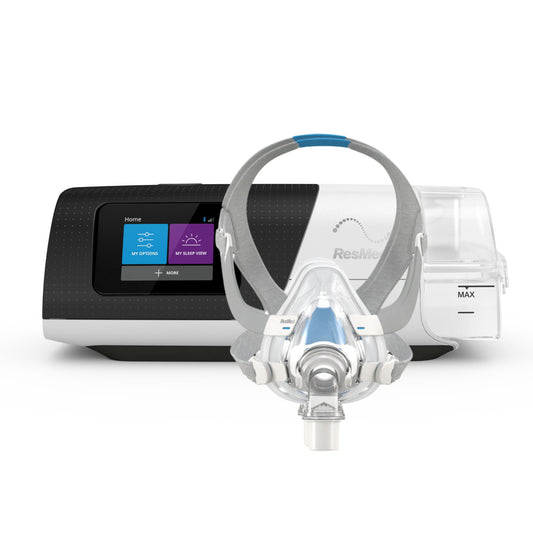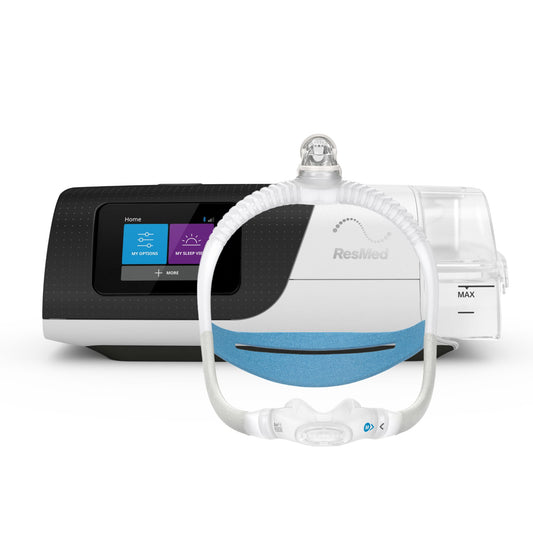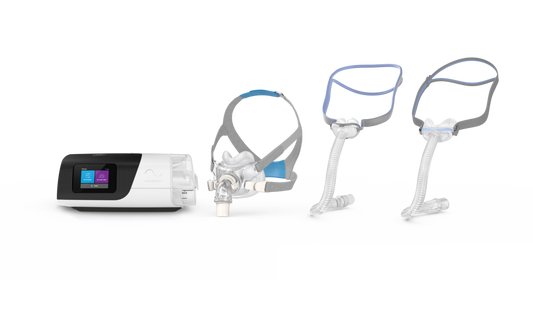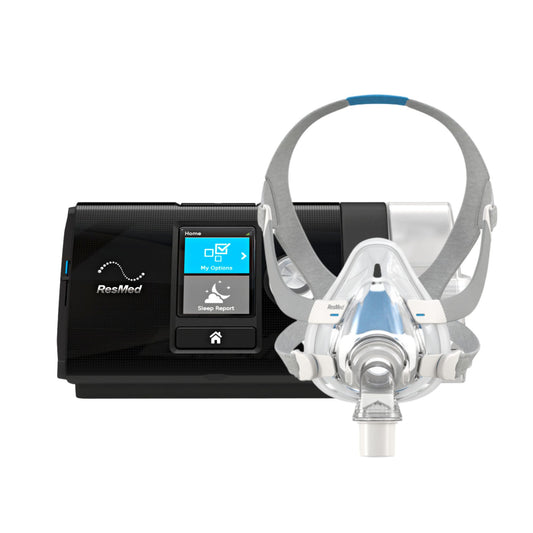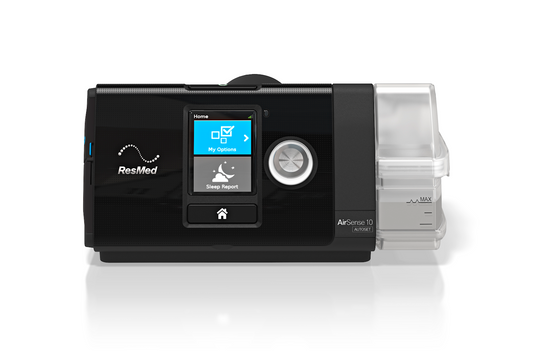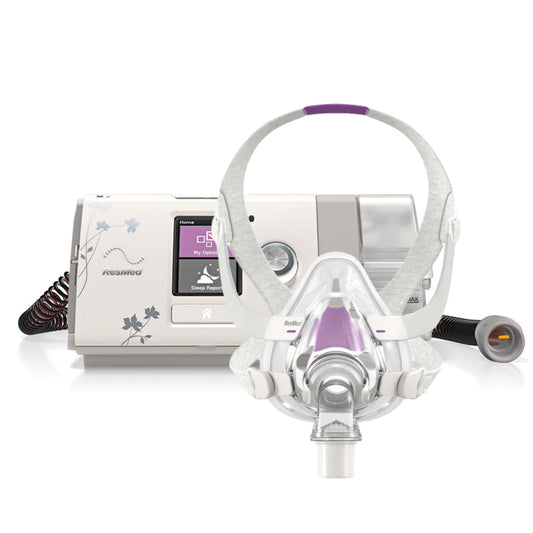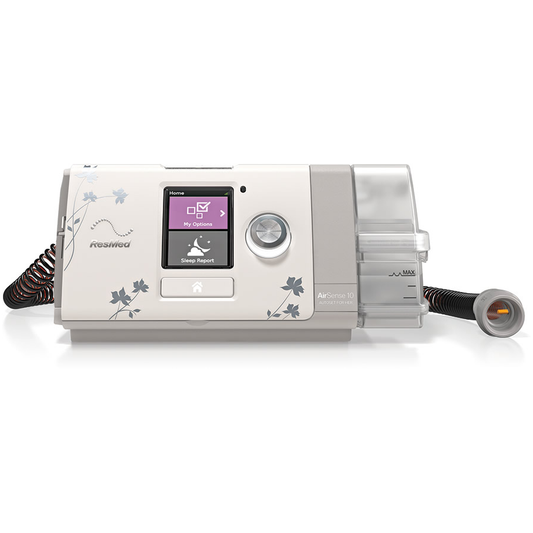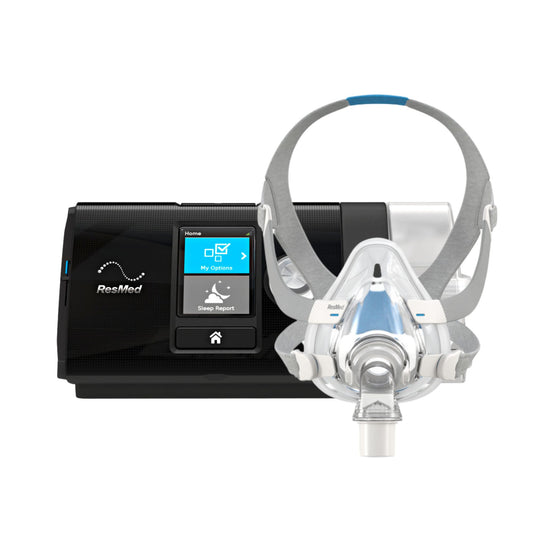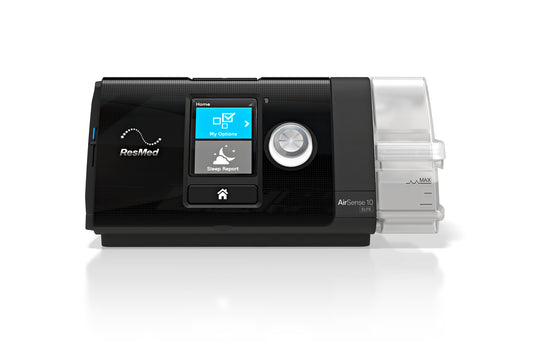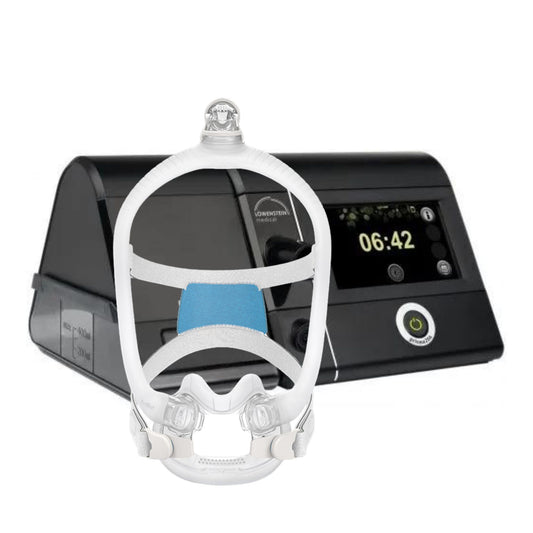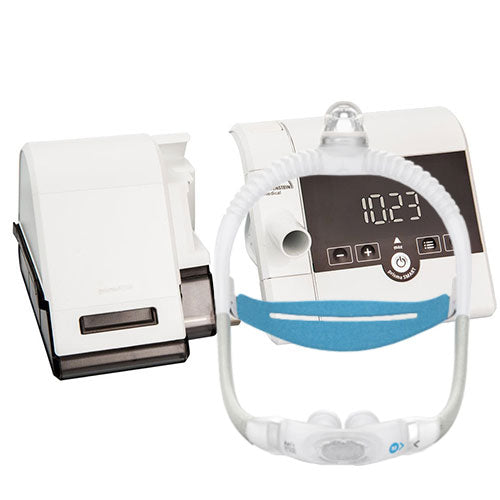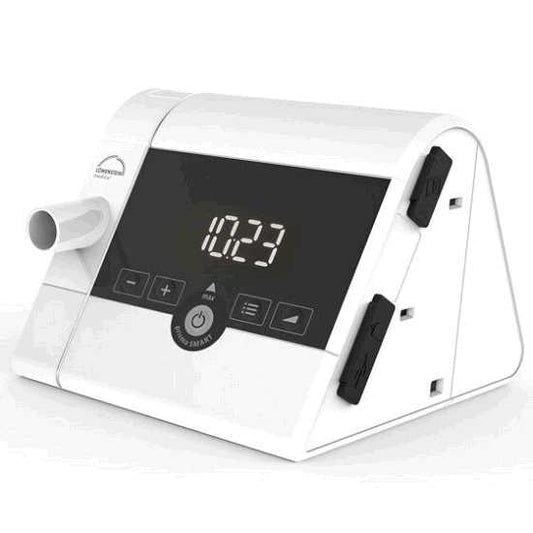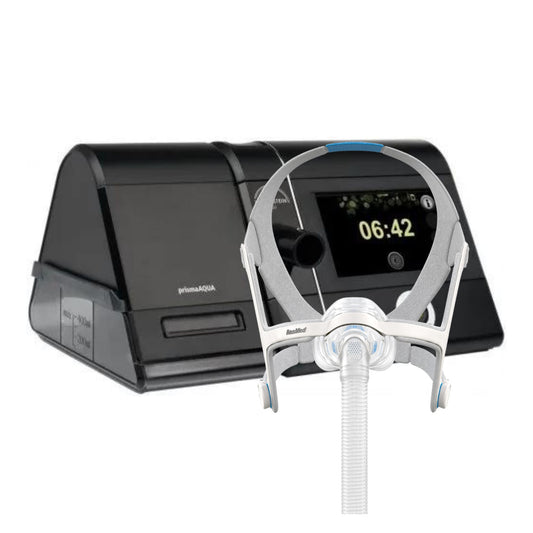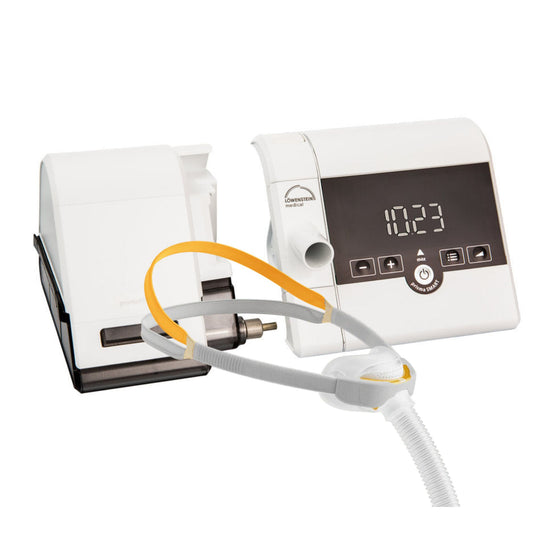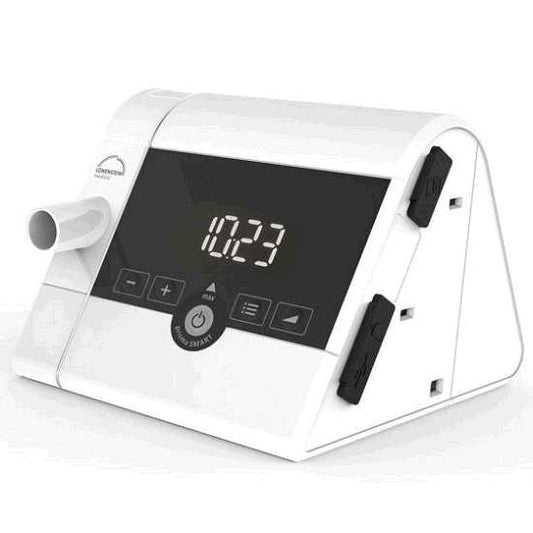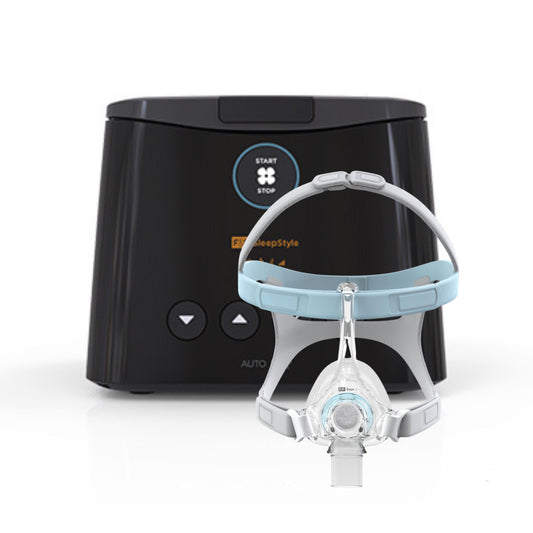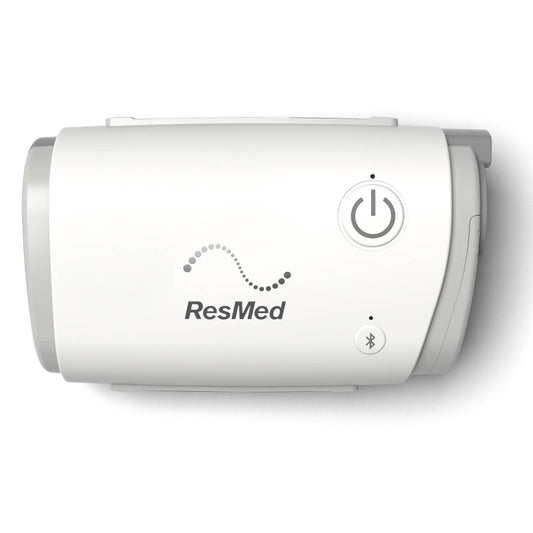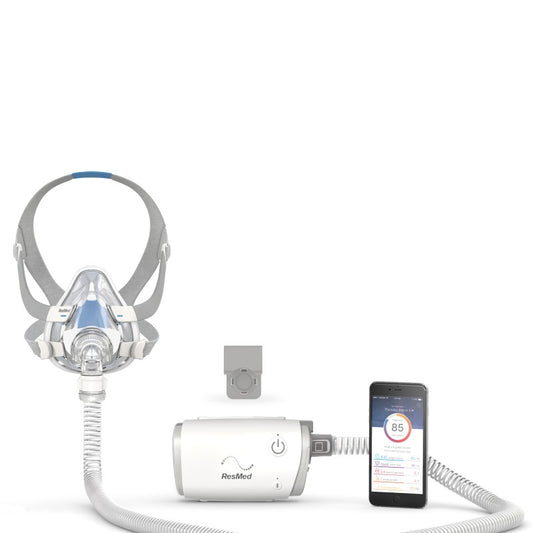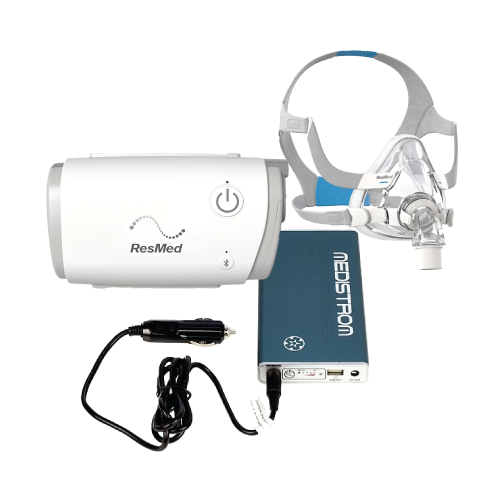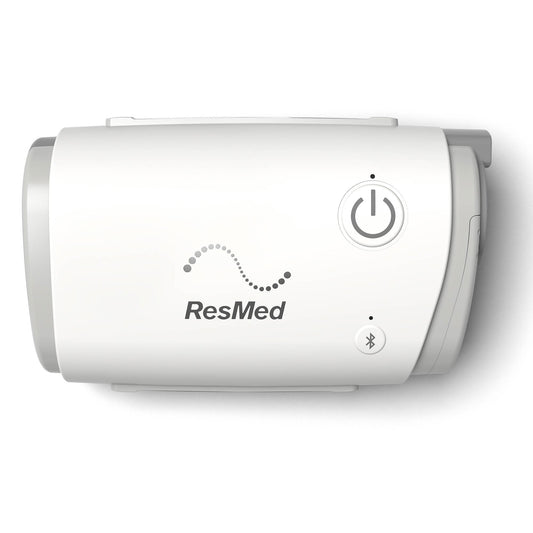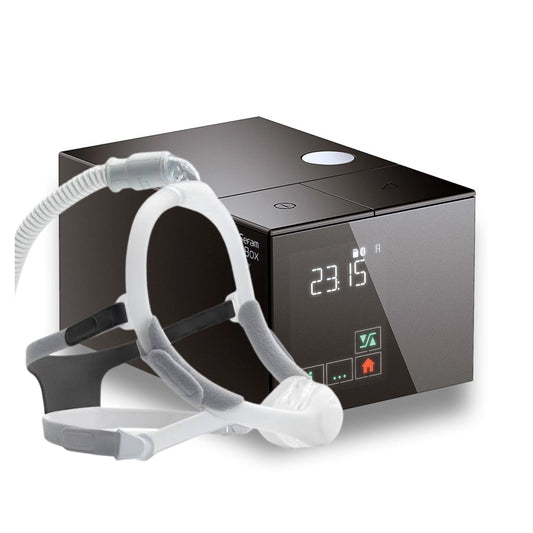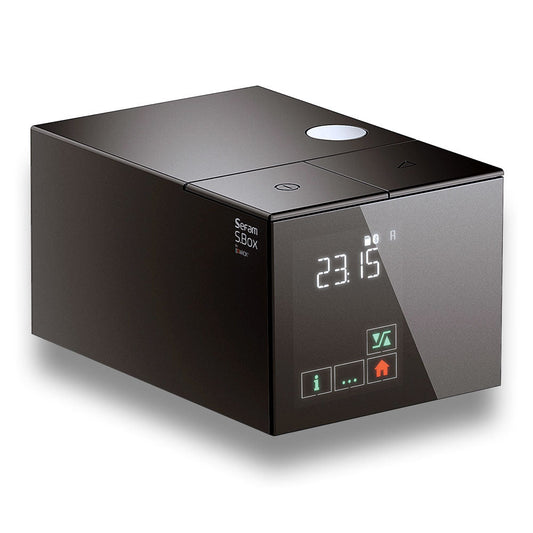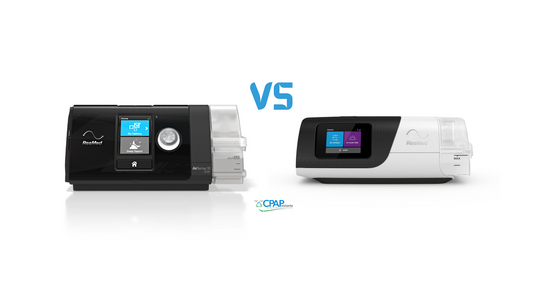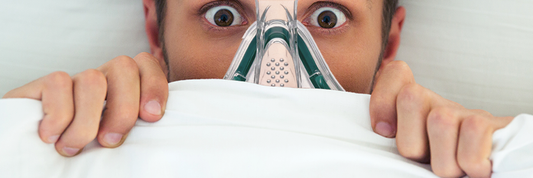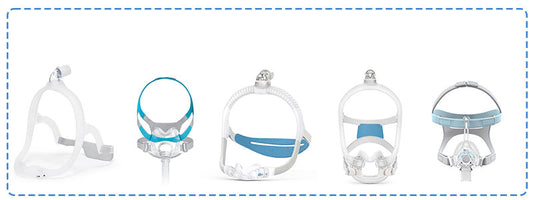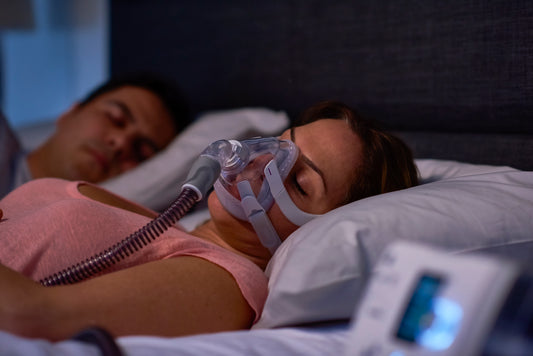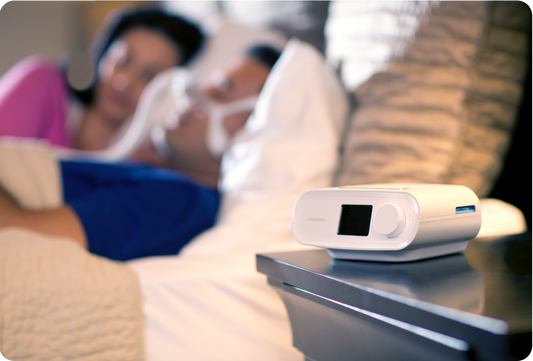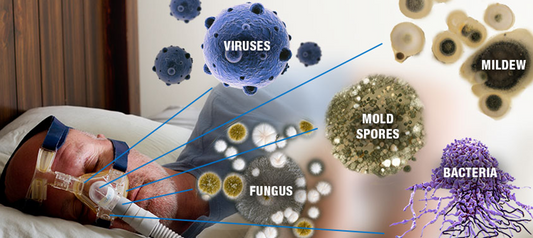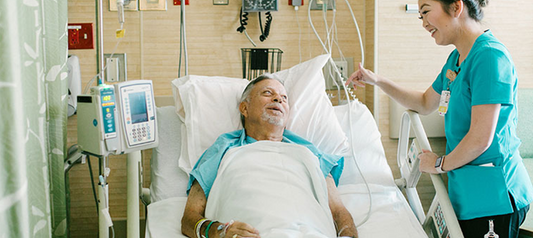Narcolepsy: Sleep Disorder
 Narcolepsy is a type of a neurological disorder that happens when the brain cannot effectively regulate sleep-wake cycles. This condition is often presented with cataplexy, fatigue, insomnia, sleep attacks, sleep paralysis and hallucinations. Prevalence of this condition is similar to that of Parkinson’s disease and multiple sclerosis but with increased public awareness of narcolepsy and physician training in diagnosing and treating various sleep disorders, prevalence could rise.
Narcolepsy is a type of a neurological disorder that happens when the brain cannot effectively regulate sleep-wake cycles. This condition is often presented with cataplexy, fatigue, insomnia, sleep attacks, sleep paralysis and hallucinations. Prevalence of this condition is similar to that of Parkinson’s disease and multiple sclerosis but with increased public awareness of narcolepsy and physician training in diagnosing and treating various sleep disorders, prevalence could rise.
What is Narcolepsy?
Normal sleep happens in cycles. As a person falls asleep, the light stage of sleep progresses into deeper stages of sleep. The light and deep sleep stages are called non-REM (rapid eye movement) sleep. After an hour and half, the person enters into the initial stage of REM sleep (dreaming stage of sleep), alternately going into REM and non-REM sleep.
A person with narcolepsy goes to REM sleep and portions of REM involuntarily happen all through the waking hours. Since during REM sleep dreaming occurs and the muscles are paralyzed, narcolepsy is linked to hallucinations, paralysis and other debilitating symptoms associated with dreaming.
People with narcolepsy are not sleepy all the time. They actually sleep like regular persons except that they cannot control the timing of sleep. They could be working one moment and sleeping the next without anyone being aware of what’s happening. Affecting both sexes, narcolepsy develops with age. Symptoms are usually manifested during adolescence and young adulthood. The condition is not actually genetically inherited but studies indicate that a combination of environmental and genetic factors may be the root cause.
Studies point to a deficiency in hypocretin production in the brain for narcolepsy to develop and that administering hypocretin derivatives to the brain may effectively improve wakefulness and prevent cataplexy.
Symptoms of Narcolepsy
The initial symptom of narcolepsy is excessive daytime sleepiness, with the afflicted person’s need to sleep so overwhelming he might actually fall asleep while eating, talking, driving and so on. Even he had a full night’s sleep, the tendency to fall asleep during the day is still great.
Sudden loss of muscle tone or cataplexy is triggered by surprise, laughter or anger. The person may exhibit slurred speech, weakness in the arms and buckling of knees but he is conscious throughout an episode.
A narcoleptic may experience dream-like hallucinations when transitioning from wakefulness to sleep. The dream-like experience is somehow incorporated into his real environment. In connection, sleep paralysis lasting for a few seconds to minutes may happen simultaneously with hypnagogic hallucinations. He may also experience nightmares, leg jerks and restlessness, even repeatedly waking through the night.
Treatment for Narcolepsy
Currently there is no cure for narcolepsy. However, symptoms can be addressed to the point of almost normal sleep functions in most patients. The two most effective treatments so far are behavioral therapy and medications.
Behavioral therapies may help in controlling symptoms and these include taking scheduled naps during the day. Alcohol and heavy meals are to be avoided as they can induce or disturb sleep.
Since narcolepsy is not widely understood by the public, a person suffering from it needs counseling to alleviate feelings of depression and alienation. This sleep disorder could be quite frightening as one can’t tell when he will have an episode.
Stimulants are often prescribed to increase a patient’s alertness and decrease daytime sleepiness. Anti-depressants are also prescribed to address cataplexy, sleep paralysis and hypnagogic hallucinations. In some cases, sodium oxybate (sleep-inducing agent) is prescribed.
Narcolepsy is manageable.
If you are experiencing symptoms of a sleep disorder, it is best to consult with your doctor to diagnose your condition. It is possible that your symptoms are due to sleep apnoea.
